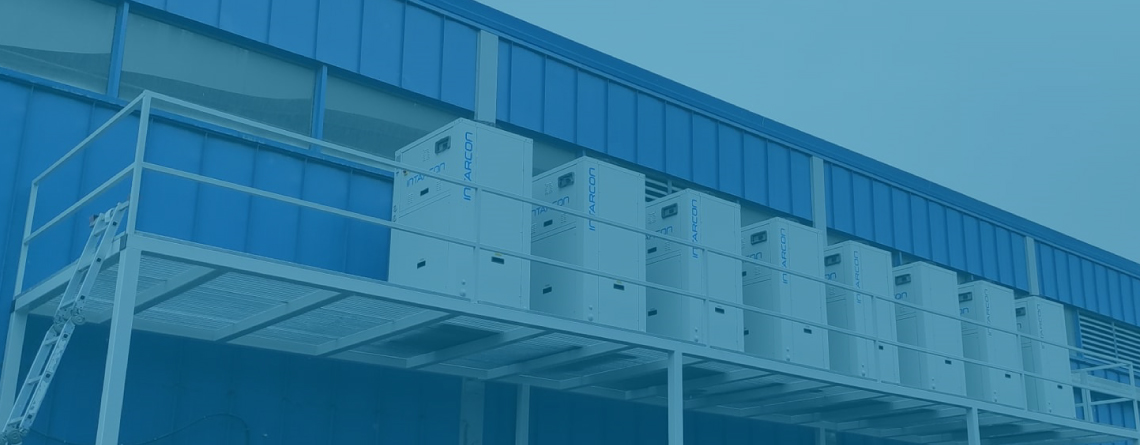Ice Machine Factory Filter Solutions for Improved Performance and Efficiency
Filtering for Ice Machine Factories A Crucial Process for Efficiency and Quality
In the modern world, ice production plays a pivotal role in various industries, from food and beverage to healthcare and hospitality. With the increasing demand for high-quality ice, especially in commercial settings, the importance of ice machine factories cannot be overstated. However, one critical aspect that often goes unnoticed is the filtering process within these factories. This article aims to explore the significance of filtering in ice machine manufacturing and its implications for quality, safety, and efficiency.
The Role of Filtering in Ice Machine Manufacturing
Filtering within the context of ice machine factories primarily refers to the systems in place that ensure the water used for ice production meets specific standards of purity and quality. This process is vital, as even the smallest impurities can compromise the quality of the ice produced. Ice that contains contaminants not only affects the taste and clarity but can also pose health risks.
Water Quality and Safety
The first step in filtering for ice machine factories is ensuring the water source is clean and safe. Many factories utilize multiple filtration methods, including sediment filters, activated carbon filters, reverse osmosis systems, and UV purification. Each of these methods plays a unique role in removing impurities
1. Sediment Filters These filters eliminate large particles such as dirt, sand, and rust that may be present in the water. By preventing these contaminants from entering the ice production process, sediment filters help maintain the visual and gustatory quality of the ice.
2. Activated Carbon Filters These filters are excellent at removing chlorine, bad odors, and other chemicals that can alter the taste of ice. Their ability to absorb impurities ensures that the ice produced is not only clear but also palatable.
3. Reverse Osmosis Systems This technology is crucial for achieving the highest level of water purity. Reverse osmosis forces water through a semi-permeable membrane that filters out nearly all dissolved solids and microorganisms. As a result, the ice produced is extremely pure and free from potentially harmful contaminants.
4. UV Purification This method uses ultraviolet light to kill bacteria and viruses that may exist in the water. When combined with other filtration processes, UV purification serves as an additional safeguard against microbial contamination.
filter for ice machine factories

Efficiency and Cost Effectiveness
Effective filtering systems not only ensure the production of high-quality ice but also enhance the operational efficiency of ice machine factories. Regular maintenance and timely replacement of filters can prevent blockages and system failures that may lead to downtime. This, in turn, boosts the overall productivity of the factory.
Moreover, clean water contributes to the longevity of the machinery used in ice production. Reduced sediment and mineral buildup mean that equipment is less likely to require repairs and replacements. This longevity equates to significant cost savings for manufacturers over time.
Compliance with Regulations
Another critical aspect of the filtering process in ice machine factories is adherence to health regulations and industry standards. Food safety authorities emphasize the importance of producing ice that meets cleanliness and safety criteria, especially when used in food and beverages. By implementing stringent filtering practices, factories can comply with these regulations, ensuring that their products are safe for consumer use.
Environmental Considerations
In addition to quality and efficiency, filtering systems can also influence the environmental footprint of ice machine factories. By utilizing efficient water filtration systems, these factories can minimize waste and optimize water usage. Furthermore, advancements in filtration technology promote the reuse and recycling of water, thus contributing to more sustainable production practices.
Conclusion
As the demand for high-quality ice continues to rise across various industries, the significance of effective filtering systems in ice machine factories becomes increasingly apparent. Through proper filtration methods, these factories can ensure the purity and safety of their ice, enhance operational efficiency, comply with regulations, and contribute to environmental sustainability. Ultimately, investing in advanced filtration technologies is not merely an operational necessity; it is a commitment to quality, safety, and the well-being of consumers.
















































































































